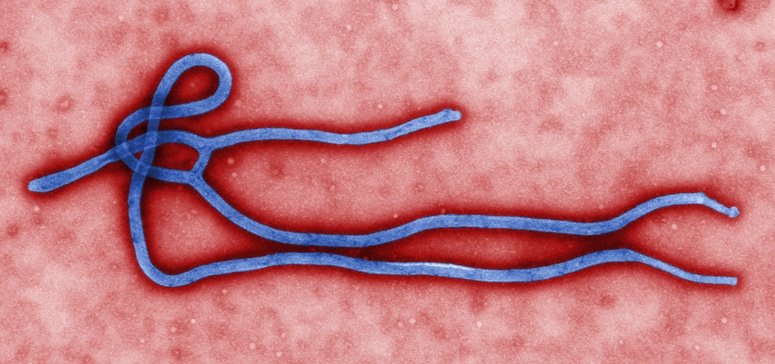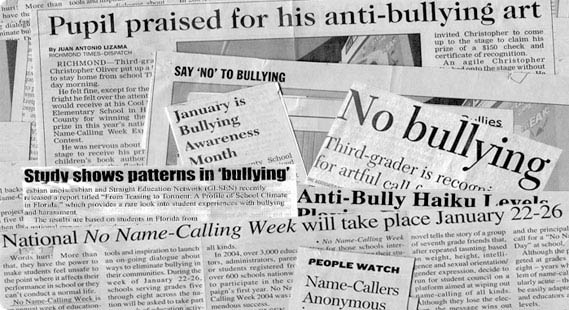When most people think of medical mistakes, their minds
immediately jump to dramatic life-threatening errors that can occur
from emergency care by first responders out in the field, in emergency
rooms, or on hospital floors. While errors can and do occur in any patient
care environment, staff errors that happen in private medical offices and
clinics can occur on a frequent basis, and sometimes continue for a long time
with no supervision, correction or resolution by the physician in charge. And if there is not a nurse manager to oversee patient care and operations, many times the doctor in charge is not even aware that problems exist.
Sometimes mistakes are made by unlicensed personnel, while other times it's the doctor or another licensed provider. While to error is human as the famous quote goes, it's how errors are handled and resolved that makes the difference when caring for patients. If no attempt is made to correct errors that affected you or other patients - it's a red flag warning that you may want to consider changing healthcare providers.
Errors in outpatient care can and do severely impact patients’ lives in profound and negative ways, just as mistakes at a hospital or at the scene of a car accident can. From billing errors, to office procedural errors, to errors with hands-on patient care, all can make life miserable for you and other patients. If you were not in an ill state already, dealing with the fallout of others' mistakes, can truly make you sick. Just like the delicate flowers in the photo below, care must be taken to prevent harm to all patients, and especially those who are experiencing acute medical problems, are in delicate conditions, and difficult situations.
 |
| Delicate spring flowers by Carole Jakucs. May, 2017. Image subject to copyright. |
Many times, the perpetrators of outpatient/ambulatory
care errors continue their negligence and, or, sloppy care without appropriate
intervention from management or the physician, due to a lack of having licensed
staff (RNs or LVNs) to provide care and serve as a staff resource to supervise
unlicensed staff, a lack of time for the physician to maintain proper oversight
of unlicensed staff, or simply due to a laissez faire attitude on the part of
the doctor(s), practice manager, and, or, clinic management.
Below are some common errors and unethical practices that
occur in private medical offices, clinics, urgent care centers, dental offices, and surgery centers.
I've personally witnessed the errors below either as a patient, while accompanying loved ones and friends to appointments, or in my professional capacity as a registered nurse while working to help patients who were on the receiving end of irresponsible care.
Breaches of Patient Confidentiality by all Staff:
- Paper charts or test/lab results being left on counters and desktops for all to see.
- Electronic medical records: Patient charts not being exited and the staff member not logging off and out of the system when they leave their desk or the patient’s exam room; patient charts left up on the screen for anyone to see.
- Negligent billing staff that submits overcharges to patients’ insurance companies for services not received, or sending duplicate bills (charges for the same date of service twice or more).
- Negligent billing staff that tells patients’ insurance companies they have another insurance provider (in addition to them) when in fact, they do not. This causes an alert in the insurance company’s data base system to place this person’s medical insurance on hold, as the company then seeks out information on who the other company is – when in fact, the patient has no other insurance. This causes a delay in all subsequent bills being paid, requires patients to make multiple phone calls to straighten out the problem with their insurance company, and alert the doctor’s billing staff to their mistake.
- Negligent office staff that call the wrong number, leave a phone message on the wrong voicemail of with someone other than the patient, or worse yet, saying and charting that they spoke to a patient when they did not - engaging in outright lies.These phone calls can pertain important issues such as, but not limited to, confirming patients’ future appointments, advising patients they need a follow up visit with the physician, or a new diagnostic test is needed (MRI, lab test, etc.)
- When unlicensed staff are trained to conduct invasive procedures on patients that are beyond the scope of their practice, or dispense medications that are not properly labeled according the state medical board’s requirements.
- Unlicensed staff such as medical office workers and medical assistants providing telephone triage or in-person triage, dispensing medical or nursing advice without the license, education, or training to do so. This is not legal and just plain wrong.
- Medical offices and clinics that have no process in place for double checks to be done for staff for fellow staffers, prior to injectable medications being given to patients.
- Medications left unattended in exam rooms.
- Inaccurate blood pressure readings - and usually they're false highs. This can lead to a mistaken diagnosis of high blood pressure (hypertension/HTN) and prescriptions you don't need, all due to the fact that the person tasked with taking your blood pressure is doing it WRONG.
- Concerns about adverse drug reactions (side effects) from a medication you've been prescribed are ignored by the prescriber (MD, PA, NP).
- The prescribing of medications that cause known side effects such as liver damage, kidney damage, muscle damage, B-12 deficiency, and magnesium deficiency, to name a few; and no follow up lab work is done to monitor the patient for the development of these complications. Some common drug culprits are proton pump inhibitors, statins, oral antidiabetics, and blood pressure medications.
- The prescribing of medications YOU DON'T NEED or, the prescribing of too high a dose, or for too long of a time period.
- Staff that call in (or fax) the wrong prescription drug to a pharmacy for a patient, and, or the wrong dose.
- When physicians refer to their assistants as “nurses” when they are not licensed nurses such as an RN or LVN. Thus, patients think they are speaking to a licensed nurse such as, an RN or LVN, and if they are not, it's misleading. *In some states, is illegal to refer to someone as a “nurse” when they are not.
- Medical offices and urgent care centers that don't have licensed RNs or LVNs on staff. While it may not be financially feasible for every medical practice and clinic to have licensed staff present, this can be problematic, as unless the physician(s) in that practice has a tremendous amount of time to supervise their staff, (which most do not), staff errors and bad practices can go on forever, unchecked by anyone. *Even licensed staff members need a resource person, peer consultation, peer-review, and a supervisor to help maintain standards and high-quality patient care.
- Clinics, offices, or ambulatory surgery centers that could benefit from an outside resource reviewing the quality of the patient care they provide, policies, and procedures, but have not spent the time or resources to do so. One example of a commitment to quality is when organizations seek accreditation from a third-party such as a nationally recognized accreditation organization.
- When concerns about the care you received, a problem you've encountered with a staff member or, a mistake you've been dealt due to an office procedure are ignored; your request to speak with the manager goes nowhere, no one calls you back, no one take responsibility for the error, no one apologizes for the incident, and, or you are not given a chance to speak a supervisor (or there is no designated supervisor) who has the power to resolve the situation for you and ensure that it won't happen again.















.jpg)

